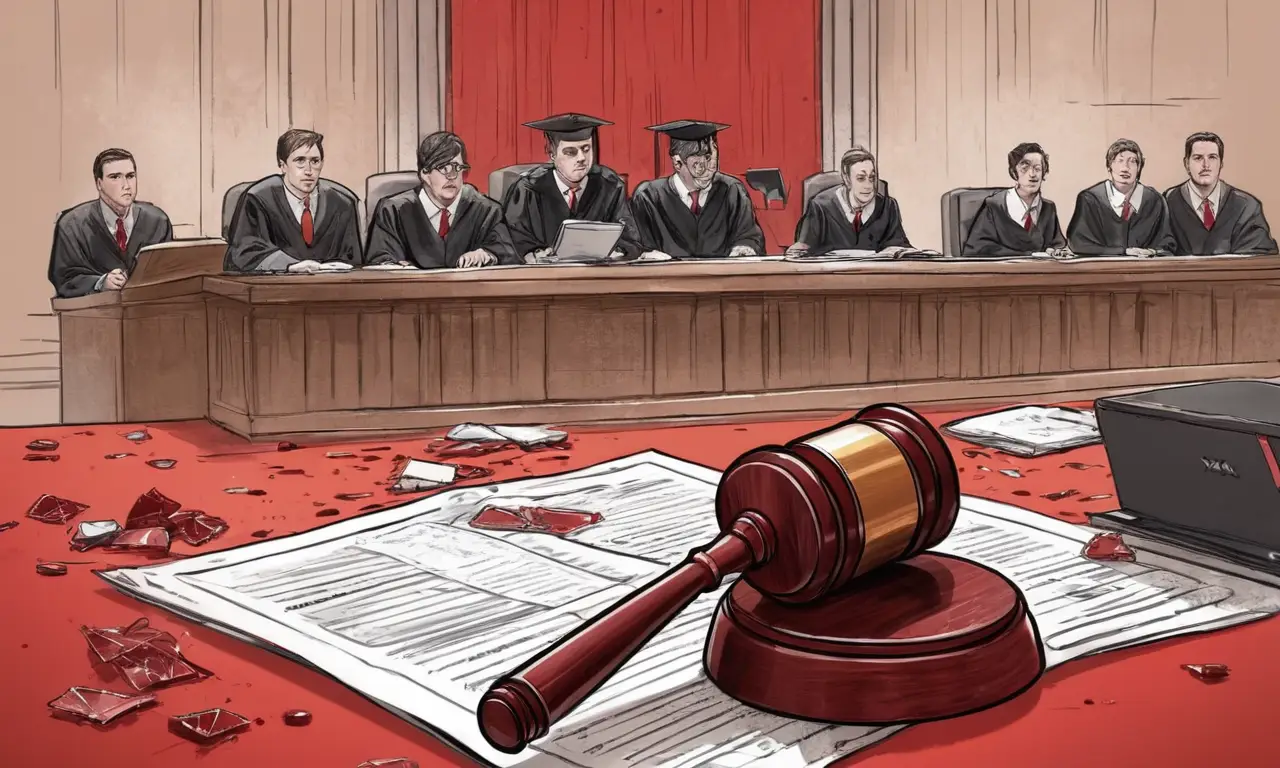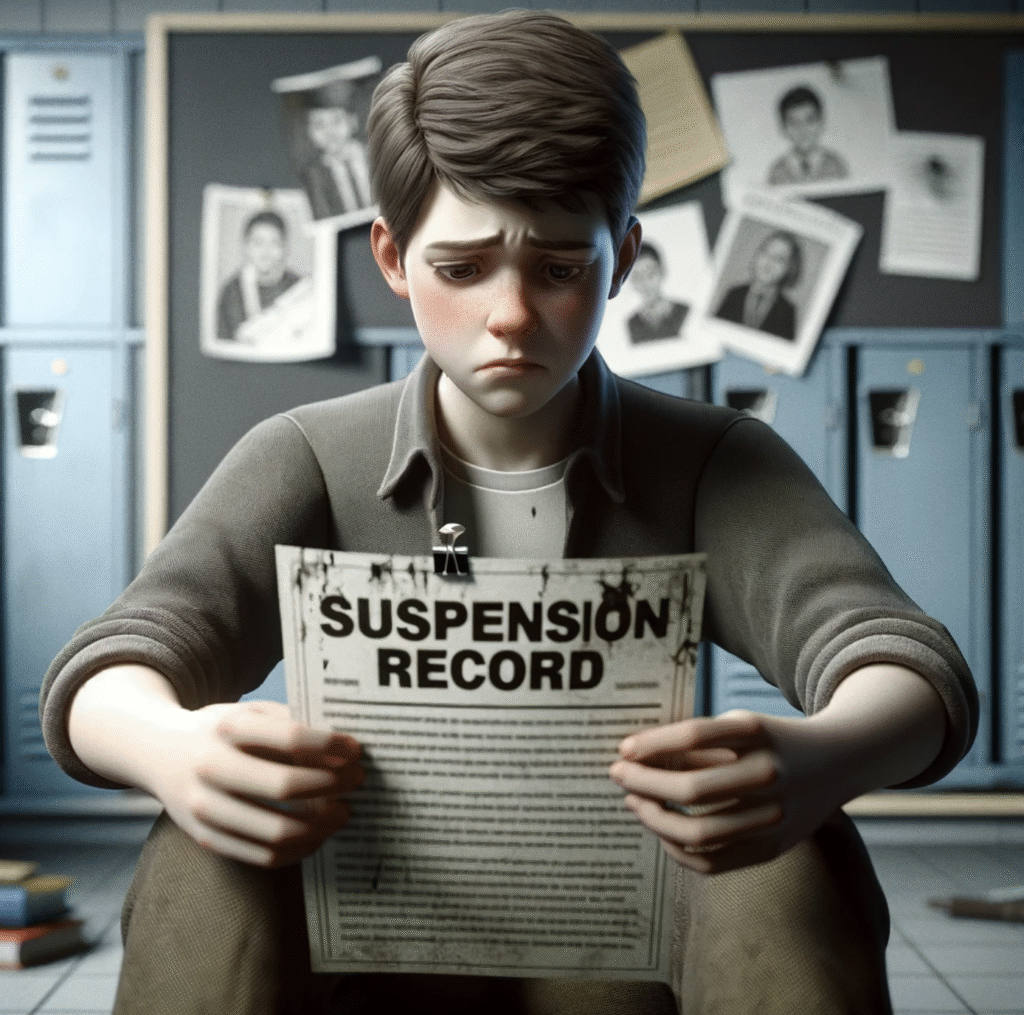Getting suspended, whether from school or work, can feel like a major setback. It’s often a consequence of breaking rules or engaging in unacceptable behavior. While the immediate impact might be clear – missing classes or work – the long-term consequences can be more subtle and potentially damaging. This article delves into how suspensions can affect your academic and professional records, helping you understand the potential ramifications and navigate their impact.
This article will explore the different ways suspensions are recorded in both academic and professional settings. We’ll examine how academic suspensions appear on transcripts and their influence on college applications. Similarly, we’ll discuss how workplace suspensions are documented in employment history and how they might affect future job prospects. By understanding these nuances, you can make informed decisions to minimize the long-term effects of a suspension.
Academic Suspensions
Academic suspensions are disciplinary actions taken by schools when students violate school rules or engage in unacceptable behavior. These violations can range from minor infractions like tardiness or dress code violations to more serious offenses such as cheating, bullying, or violence. The severity of the offense and the school’s policies determine the length of the suspension, which can vary from a few days to several weeks or even an entire semester.
Types of Academic Suspensions
Academic suspensions come in various forms, each with its own implications:
- In-School Suspension (ISS): Students are confined to a designated area within the school building, typically for less serious offenses. They may be required to complete assignments or participate in educational activities during this time.
- Out-of-School Suspension (OSS): Students are sent home from school for a specified period, missing classes and extracurricular activities. This is usually reserved for more serious offenses.
Consequences of Academic Suspensions
Academic suspensions can have significant consequences for students:
- Academic Performance: Missing classes and assignments can lead to falling behind in coursework and negatively impact grades.
- Social Impact: Suspension can isolate students from their peers, potentially affecting their social development and relationships.
- Future Opportunities: A suspension record on a transcript can raise concerns for colleges and universities during the admissions process.
Transcript Impact

A school suspension is often documented on a student’s official transcript, which is a permanent record of their academic performance and disciplinary history. The specific way suspensions are recorded varies depending on the school’s policies. Some schools may simply list the dates of suspension, while others provide more detailed information about the reason for the suspension.
Regardless of the format, having a suspension listed on your transcript can raise questions for potential colleges or employers. It signals that you have violated school rules and may indicate a pattern of disruptive behavior. While it doesn’t necessarily disqualify you from future opportunities, it can make your application less competitive.
College Applications
When applying to college, admissions officers review transcripts carefully to assess a student’s academic record and potential for success. A suspension on your transcript can raise concerns about your maturity, responsibility, and ability to follow rules within a structured academic environment.
While some colleges may be more lenient than others, it’s important to address any suspensions honestly and transparently in your application materials. Explain the circumstances surrounding the suspension, demonstrate remorse for your actions, and highlight steps you have taken to learn from the experience and improve your behavior.
Professional Suspensions

Workplace suspensions are disciplinary actions taken by employers when employees violate company policies or engage in unacceptable conduct. These violations can range from minor infractions like tardiness or dress code violations to more serious offenses such as harassment, theft, or safety violations.
Similar to academic suspensions, the severity of the offense and the company’s policies determine the length of the suspension, which can vary from a few days to several weeks or even termination.
Employment History
Professional suspensions are often documented in an employee’s employment history, which is typically reviewed by potential employers during the hiring process. While some companies may not disclose suspensions on background checks, others may choose to include this information.
Having a suspension listed on your employment history can raise concerns for potential employers about your reliability, trustworthiness, and ability to follow company rules. It’s important to be prepared to address any suspensions honestly and transparently during job interviews. Explain the circumstances surrounding the suspension, demonstrate remorse for your actions, and highlight steps you have taken to improve your behavior and prevent similar incidents in the future.
Conclusion
Suspensions, whether academic or professional, can have lasting impacts on your records and future opportunities. Understanding how suspensions are recorded and their potential consequences is crucial for navigating these situations effectively. By addressing suspensions honestly, demonstrating remorse, and highlighting steps taken to learn from the experience, you can mitigate their long-term effects and move forward with a positive trajectory. Remember, while a suspension may be a setback, it doesn’t define your entire journey.



